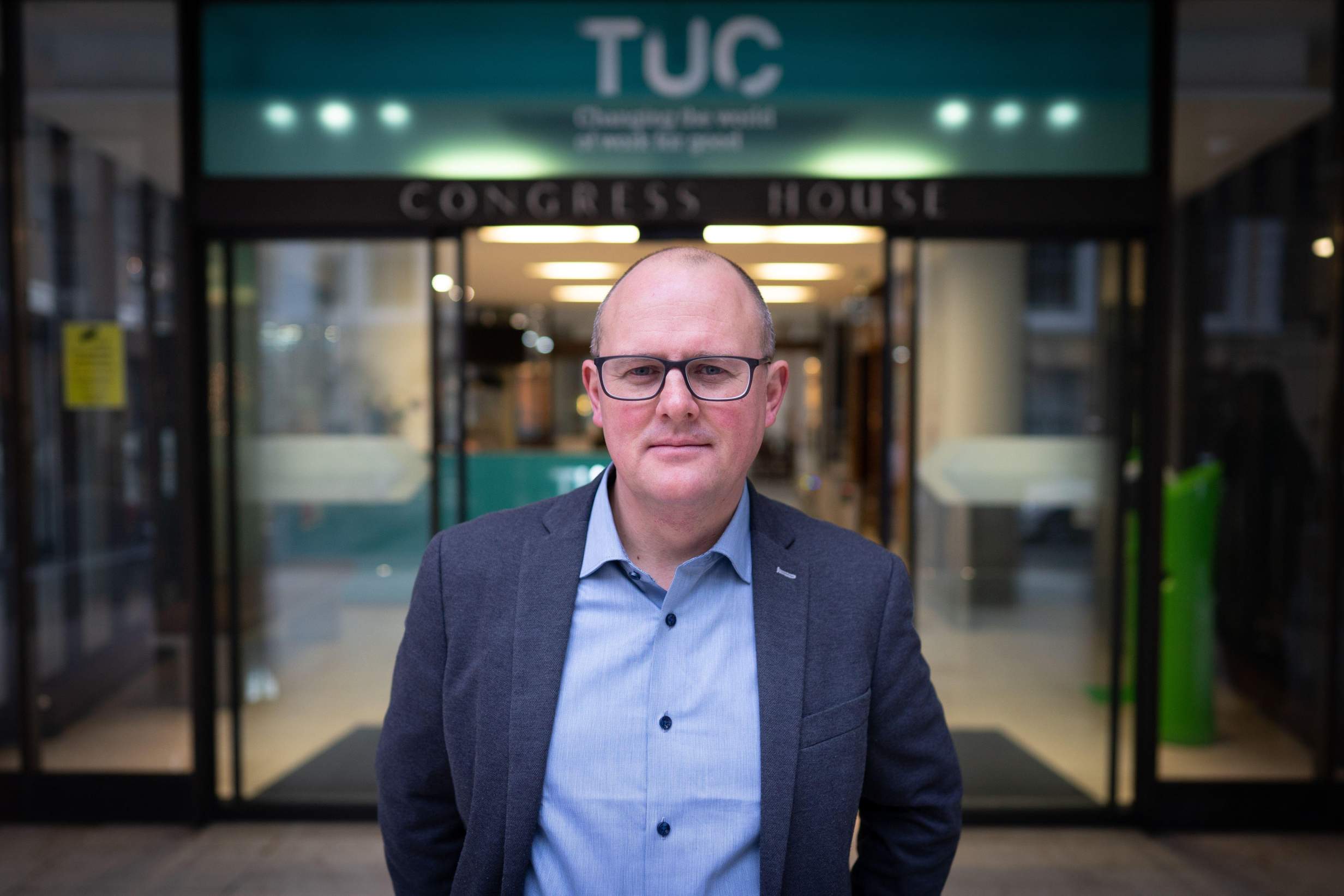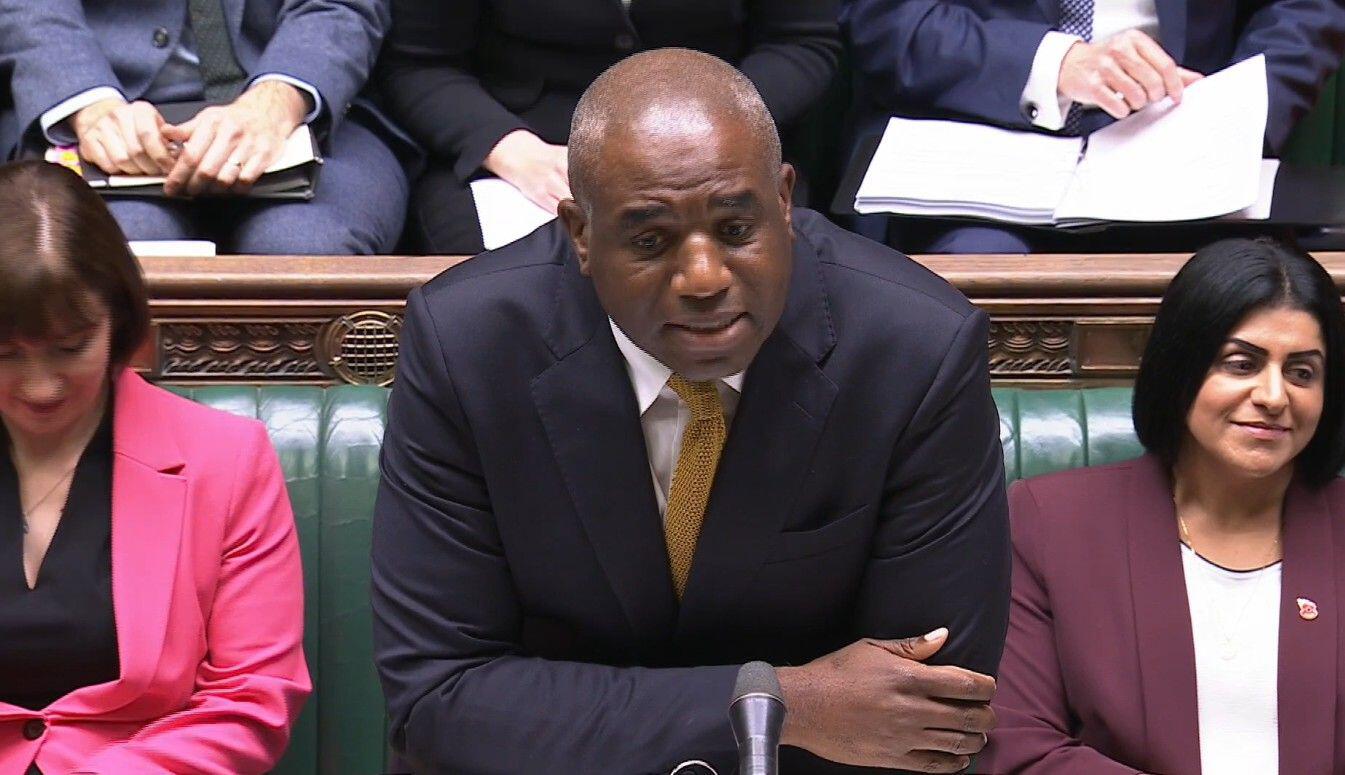Follow the Money: How the Right Weaponises the Costs of Supporting Learning Disabled People
Update: 2025-11-04
Description
Support our mission to provide fearless stories about and outside the media system
Packed with exclusive investigations, analysis, and features
SUBSCRIBE TODAY
In the lead-up to what promises to be a consequential budget, the money spent on supporting disabled people is constantly questioned, often in the most simplistic terms.
Thus, to the glee of right-wing politicians and journalists, the National Audit Office has recently reported that local authorities spend £2 billion every year on transporting disabled children to school.
Meanwhile, the reform of the SEND (Special Educational Needs and Disabilities) system is endlessly postponed, no doubt because of the political challenge involved in cutting services.
And all the time, welfare benefits are eyed greedily, and recipients are challenged to prove that they are 'disabled enough' to deserve them.
As so often in times of economic crisis, the weakest get hit the hardest.
Those of us who champion the rights and dignities of disabled people, especially those with learning disabilities, tend to avoid talking about money.
We know from bitter experience that learning disabled people are all too often presented as imposing an unsupportable 'burden' on society. We remember that the Nazis showed us where such rhetoric leads, and answer that our loved ones have all kinds of value which cannot be measured in monetary terms.
But, while our silence is understandable, we should, I believe, insist that the financial calculations are more complex. Maybe, just maybe, it is time to follow the money.
The stubborn fact is that the education, healthcare, and social support of people with learning disabilities is relatively expensive.
Young people like my 29-year-old son Joey need a level of one-to-one support that few his age require. The problem is that the conversation is always conducted in such simplistic terms: it is as if learning disabled people represent an absolute financial loss, to be contrasted with their non-disabled peers, who cost the taxpayer nothing at all.
We need to offer a more nuanced perspective.
We Are Utterly Reliant on Immigrant Workers - But Who Cares About Reality?
Penny Pepper shares her experiences of recruiting migrant care workers, who can find themselves enduring exploitation and abuse for their efforts
Penny Pepper
Thus, every time we hear mutterings about the bill for children with special education needs, we should insist on subtracting the amount spent (around £8,000 per year) on educating a non-disabled child.
Whenever we read about the money spent by the NHS on people with chronic disabilities, we should subtract the costs of the healthcare of their non-disabled brothers and sisters.
Each time we are warned of the rising bill for the social care of disabled people, let us balance that with the cost of other benefits that most people draw on at some time in their lives.
Yes, supporting people with learning disabilities costs money - but we should be more precise about what we are measuring that against.
We should also factor in the costs of those activities incurred by non-disabled people which tend not to be needed by learning disabled ones: driving on roads and motorways, using public transport, attending college and university, accessing subsidised arts and leisure facilities, even working in the public sector.
The truth is that the simpler, more modest, lives generally led by learning disabled people impose simpler, more modest costs.
Behind all of this lurks a grim but significant statistic: the median life expectancy for a (white) man with learning disabilities is 63, compared with 81 for the general population. There are many reasons for this unwarranted 'social murder', as Sara Ryan calls it in her terrific new book Critical Health and Learning Disabilities: An Exploration of Erasure and Social Murder.
But the dreadful consequence is that the vast majority of people with learning disabilities will never draw a state pension, receive winter fuel allo...
Packed with exclusive investigations, analysis, and features
SUBSCRIBE TODAY
In the lead-up to what promises to be a consequential budget, the money spent on supporting disabled people is constantly questioned, often in the most simplistic terms.
Thus, to the glee of right-wing politicians and journalists, the National Audit Office has recently reported that local authorities spend £2 billion every year on transporting disabled children to school.
Meanwhile, the reform of the SEND (Special Educational Needs and Disabilities) system is endlessly postponed, no doubt because of the political challenge involved in cutting services.
And all the time, welfare benefits are eyed greedily, and recipients are challenged to prove that they are 'disabled enough' to deserve them.
As so often in times of economic crisis, the weakest get hit the hardest.
Those of us who champion the rights and dignities of disabled people, especially those with learning disabilities, tend to avoid talking about money.
We know from bitter experience that learning disabled people are all too often presented as imposing an unsupportable 'burden' on society. We remember that the Nazis showed us where such rhetoric leads, and answer that our loved ones have all kinds of value which cannot be measured in monetary terms.
But, while our silence is understandable, we should, I believe, insist that the financial calculations are more complex. Maybe, just maybe, it is time to follow the money.
The stubborn fact is that the education, healthcare, and social support of people with learning disabilities is relatively expensive.
Young people like my 29-year-old son Joey need a level of one-to-one support that few his age require. The problem is that the conversation is always conducted in such simplistic terms: it is as if learning disabled people represent an absolute financial loss, to be contrasted with their non-disabled peers, who cost the taxpayer nothing at all.
We need to offer a more nuanced perspective.
We Are Utterly Reliant on Immigrant Workers - But Who Cares About Reality?
Penny Pepper shares her experiences of recruiting migrant care workers, who can find themselves enduring exploitation and abuse for their efforts
Penny Pepper
Thus, every time we hear mutterings about the bill for children with special education needs, we should insist on subtracting the amount spent (around £8,000 per year) on educating a non-disabled child.
Whenever we read about the money spent by the NHS on people with chronic disabilities, we should subtract the costs of the healthcare of their non-disabled brothers and sisters.
Each time we are warned of the rising bill for the social care of disabled people, let us balance that with the cost of other benefits that most people draw on at some time in their lives.
Yes, supporting people with learning disabilities costs money - but we should be more precise about what we are measuring that against.
We should also factor in the costs of those activities incurred by non-disabled people which tend not to be needed by learning disabled ones: driving on roads and motorways, using public transport, attending college and university, accessing subsidised arts and leisure facilities, even working in the public sector.
The truth is that the simpler, more modest, lives generally led by learning disabled people impose simpler, more modest costs.
Behind all of this lurks a grim but significant statistic: the median life expectancy for a (white) man with learning disabilities is 63, compared with 81 for the general population. There are many reasons for this unwarranted 'social murder', as Sara Ryan calls it in her terrific new book Critical Health and Learning Disabilities: An Exploration of Erasure and Social Murder.
But the dreadful consequence is that the vast majority of people with learning disabilities will never draw a state pension, receive winter fuel allo...
Comments
In Channel
























